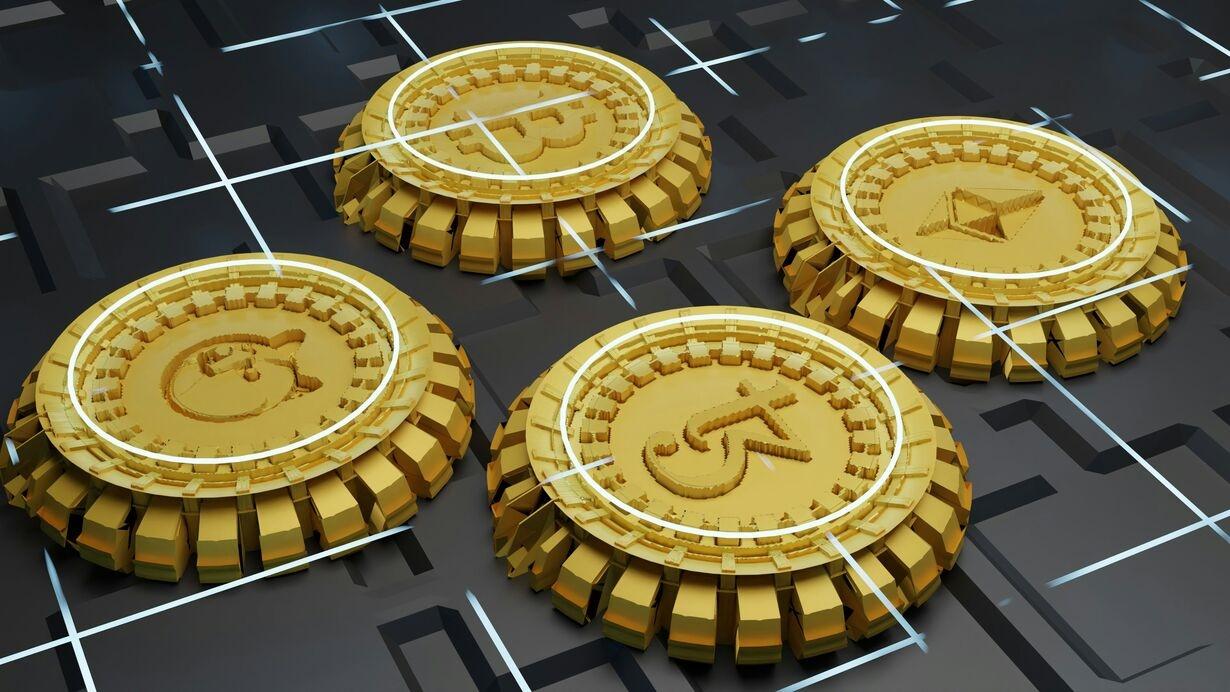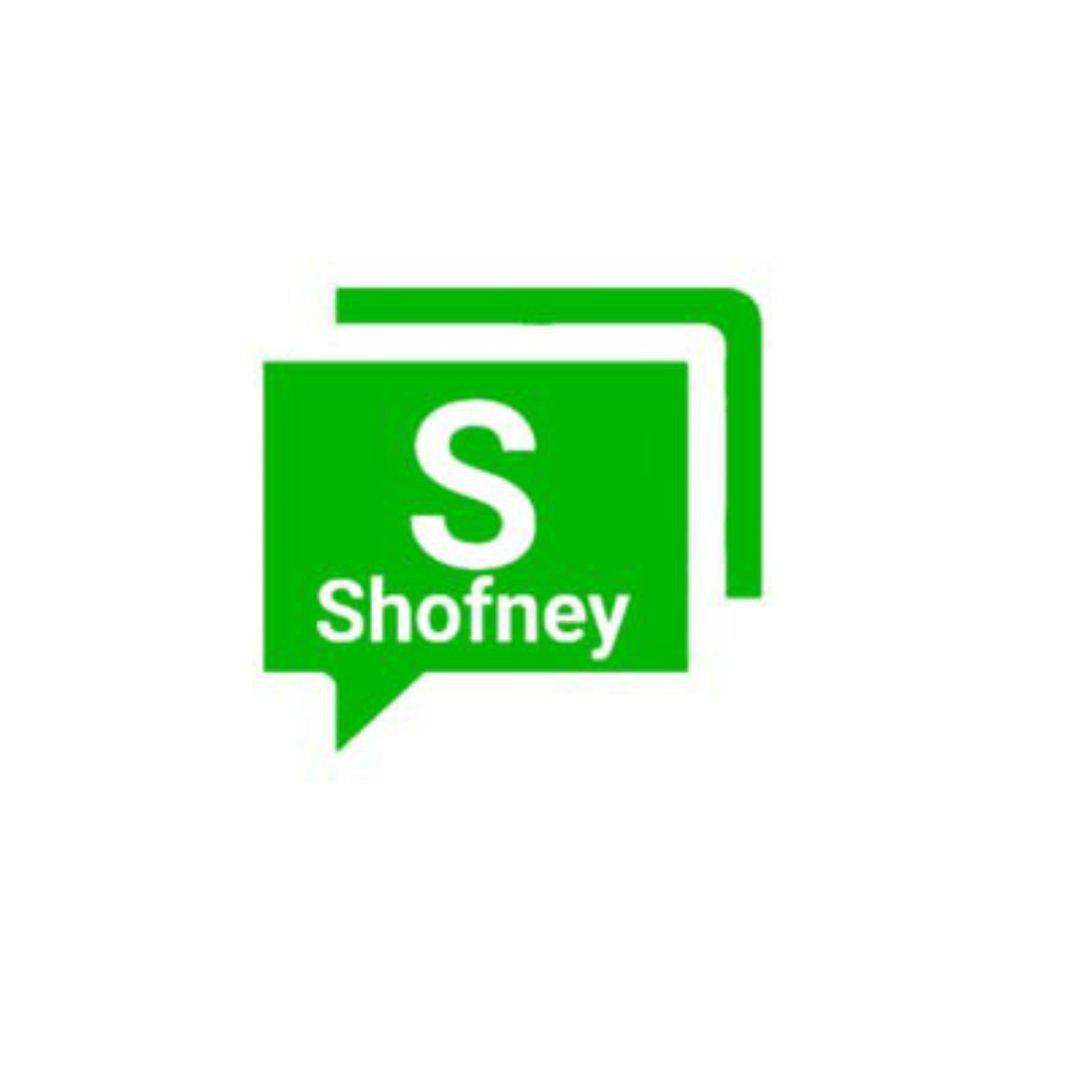The Role of Governance Tokens in Decentralized Finance

Decentralized finance, or DeFi, has introduced new ways for individuals to interact with financial systems without relying on intermediaries such as banks or brokers. One of the most important innovations in this space is the introduction of governance tokens. These tokens give holders the ability to participate in decision-making processes that shape the future of decentralized platforms. Governance tokens are not only financial instruments but also tools for community-driven innovation.
What Are Governance Tokens?
Governance tokens are digital assets that grant holders voting rights within a decentralized protocol. Instead of leaving critical decisions to developers or centralized authorities, projects distribute governance tokens to their communities. Holders can use these tokens to vote on proposals such as changes to fee structures, the launch of new features, or updates to network parameters.
For example, in a lending protocol, governance token holders may decide how much collateral is required for borrowers or what assets should be added to the platform. In this way, governance tokens represent a shift from centralized management to decentralized participation.
Why Governance Matters in DeFi
The open and permissionless nature of DeFi means that protocols must find ways to evolve without relying on traditional management structures. Governance tokens address this need by ensuring that those who use a platform have a voice in its direction. This creates several benefits:
-
Decentralization: Decision-making power is spread across the community, reducing reliance on a single entity.
-
Transparency: Proposals and votes are recorded on the blockchain, creating a public record of governance decisions.
-
Incentives: Governance token holders are often financially invested in the success of a protocol, aligning incentives between users and developers.
-
Innovation: Open governance allows communities to propose and test new ideas, driving experimentation in the DeFi space.
Examples of Governance Tokens
Several leading DeFi platforms have issued governance tokens that play crucial roles in their ecosystems:
-
Compound (COMP): Compound’s governance token allows holders to vote on changes to its lending protocol, such as interest rate models and supported assets.
-
Uniswap (UNI): Holders of UNI tokens can vote on proposals regarding liquidity mining programs, fee distribution, and treasury management.
-
MakerDAO (MKR): MakerDAO uses MKR tokens to govern its stablecoin system, including decisions about collateral types and risk parameters.
These examples highlight how governance tokens enable communities to manage complex systems without centralized oversight.
Challenges Facing Governance Tokens
While governance tokens bring significant benefits, they also face challenges that must be addressed for long-term success:
-
Voter Participation: In many projects, only a small fraction of token holders participate in governance, leading to questions about representation.
-
Whale Influence: Large holders of governance tokens can dominate votes, potentially undermining decentralization.
-
Complexity: Governance proposals can be highly technical, making it difficult for average users to make informed decisions.
-
Coordination: Achieving consensus in large communities can be slow and complicated.
The Future of Governance Tokens
As the DeFi sector matures, governance tokens are likely to become more sophisticated and widely adopted. Several trends are already emerging:
-
Delegated Voting: Some protocols allow token holders to delegate their votes to trusted representatives, improving participation while ensuring informed decision-making.
-
Incentivized Governance: Projects may reward users for participating in governance, encouraging broader involvement.
-
Cross-Protocol Collaboration: Governance tokens could enable collaboration between different platforms, creating interconnected ecosystems of decision-making.
-
Integration with Real-World Assets: As tokenized assets become more common, governance tokens may play a role in managing both digital and real-world resources.
Conclusion
Governance tokens are more than just another type of cryptocurrency; they are the foundation of decentralized decision-making in the blockchain ecosystem. By giving communities the ability to shape protocols directly, governance tokens embody the principles of decentralization, transparency, and user empowerment. While challenges remain in ensuring fair participation and preventing centralization of influence, the continued evolution of governance models is likely to strengthen the role of these tokens in the future of finance.
As DeFi grows, governance tokens will not only determine how protocols operate but also how communities collaborate to build a more open and inclusive financial system.
Important Links
Can Memecoins Survive a Crypto Market Crash
Are Memecoins Just a Trend or the Future of Crypto
How Do Memecoins Gain Value Without Real-World Use
Can Cryptocurrency Replace Traditional Banking
Can Memecoins Ever Become Mainstream Currency
- Seo
- Art
- Causes
- Crafts
- Dance
- Drinks
- Film
- Fitness
- Food
- الألعاب
- Gardening
- Health
- الرئيسية
- Literature
- Music
- Networking
- أخرى
- Party
- Religion
- Shopping
- Sports
- Theater
- Wellness
- Business & Money

